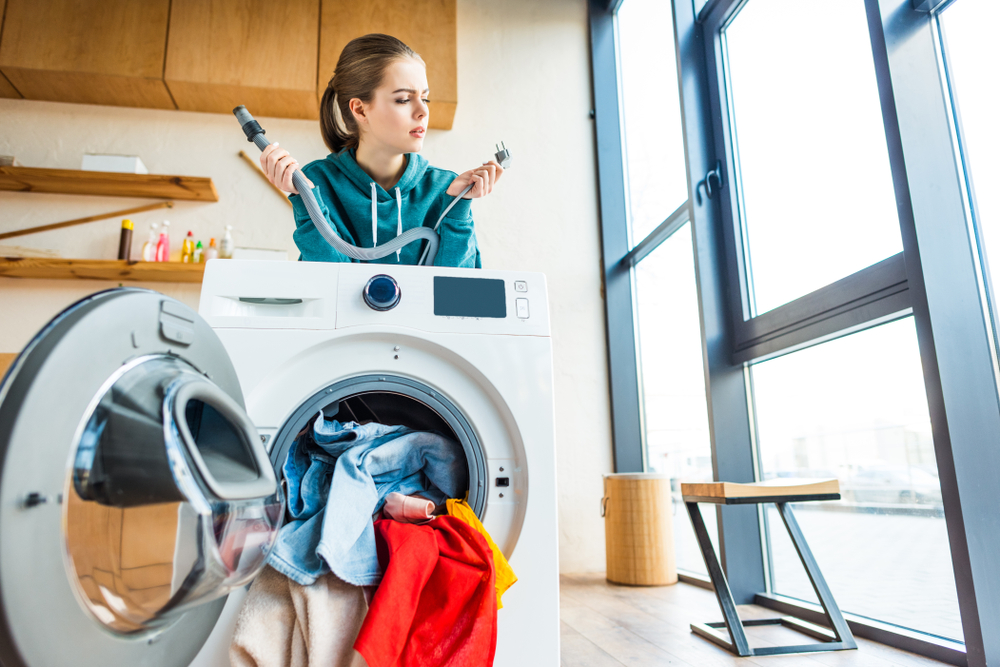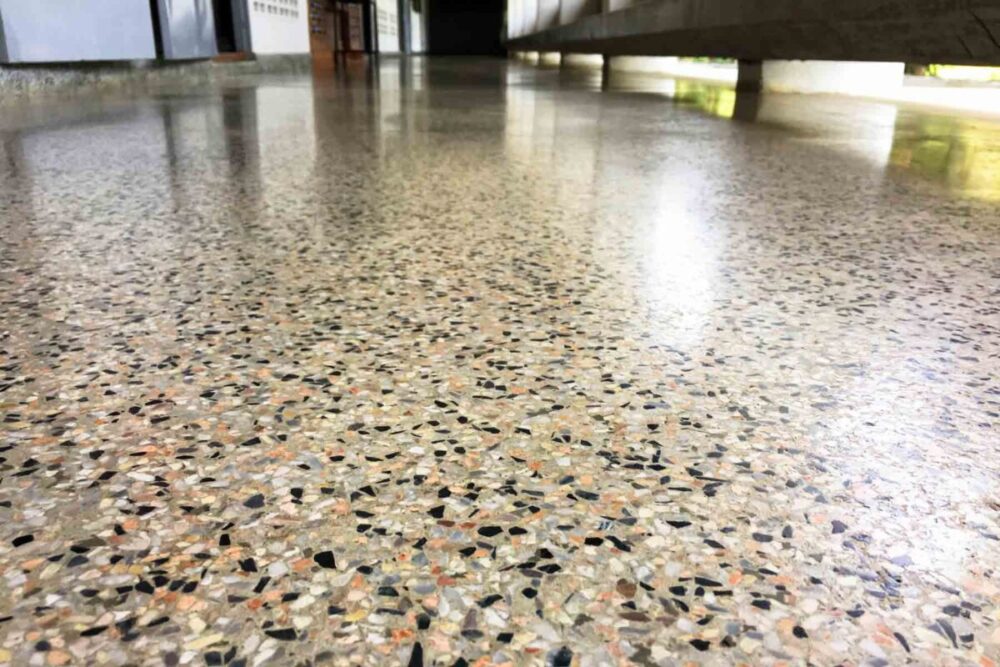Homeowners often deal with various household issues, especially when it comes to appliances. Malfunctioning units can be frustrating, costly, and disruptive to your daily routine. Knowing how to address common problems quickly can save you money and time. The following guide covers some of the most frequent issues and offers solutions you can try before calling in professionals.
Key Points:
- Washing machines often face drainage issues.
- Refrigerators commonly experience cooling failures.
- Dishwashers may not clean properly.
- Ovens can have heating issues.
- Garbage disposals may clog frequently.
- Ice makers often fail to produce ice.
- Microwave doors may not close correctly.
- Dryers frequently stop drying efficiently.
Washing Machine Drainage Problems

Washing machines often experience drainage problems. One common cause is a clogged drain hose or pump filter. First, inspect the hose for any visible obstructions. Next, remove the pump filter, usually found behind a small door near the bottom of the machine, and clean it out.
Another potential issue involves the water pump itself. If you notice the machine making strange sounds during the drain cycle, the pump may need a replacement. Homeowners should avoid overloading the washer, as that can strain the motor and lead to long-term problems.
For persistent issues, professional appliance repair services might be necessary. Experts at 5 Star appliance repair can assess the problem and offer quick solutions. Ignoring complex problems or attempting a repair without proper knowledge may lead to larger issues in the future. Relying on experts for more difficult tasks ensures the appliance is restored safely and efficiently, prolonging its lifespan and giving you peace of mind.
Refrigerator Cooling Failure
When a refrigerator stops cooling, the most likely culprit is the condenser coils. These coils can collect dust over time, which reduces their efficiency. Cleaning the coils with a vacuum or brush often restores proper cooling.
If cleaning the coils doesn’t solve the issue, check the thermostat settings. Set it to a colder temperature and monitor if that resolves the problem. If the issue persists, the condenser fan or the evaporator fan motor could be malfunctioning. Replacing either part usually restores cooling efficiency.
In the case of more complex problems, like a failing compressor, you may need professional help.
Dishwasher Not Cleaning Properly

A dishwasher that leaves dishes dirty may have a clogged filter or spray arm. Start by removing the filter, usually located at the bottom of the dishwasher, and cleaning it thoroughly. Check the spray arm for any blockages as well.
Water hardness can also impact the dishwasher’s cleaning efficiency. If your area has hard water, consider installing a water softener. Additionally, check the detergent you’re using. Some detergents work better in different water types, and switching brands might make a difference.
If you’ve tried all of the above and the dishwasher still doesn’t clean well, it might have a faulty pump or valve.
Oven Heating Issues
Ovens can face problems with heating. One common issue involves the heating element, especially in electric ovens. First, check the element for any visible signs of wear or damage, like burns or breaks. A faulty heating element needs replacement.
In gas ovens, ignition problems are more common. If the oven won’t light, inspect the ignition system. A defective igniter may require replacement. Gas ovens may also face issues if there’s a gas flow problem, which usually requires professional attention.
Garbage Disposal Clogging

Garbage disposals frequently face clogs, often due to improper items being thrown in. Avoid putting fibrous vegetables, coffee grounds, or grease down the disposal. If a clog occurs, try resetting the unit using the reset button typically located on the bottom of the disposal.
You can also try manually rotating the blades using an Allen wrench, often provided with the unit. Never stick your hand into the disposal without disconnecting the power first.
For more severe clogs, professional help is necessary to disassemble and clear out the blockage.
Ice Maker Failing to Produce Ice
Ice makers often fail due to blockages or water line issues. Start by checking the water supply line to ensure it’s not kinked or clogged. If water isn’t flowing, replace the water inlet valve.
If the line appears clear and water flows properly, inspect the ice tray. Sometimes the tray jams, which prevents ice formation. Cleaning the tray can often fix the issue. When an ice maker fails due to mechanical malfunctions, consider getting a technician involved.
Microwave Door Issues
Microwaves often encounter door latch issues. If the door doesn’t close properly, it might be due to a misaligned latch or hinge. Adjust the latch by tightening screws, or realign the door to ensure it closes fully.
Microwave door problems can lead to safety risks, as the microwave won’t operate unless the door is fully closed. In cases of severe door or hinge damage, replacing the entire door may be necessary.
Dryer Not Drying Efficiently

When a dryer stops drying clothes properly, the vent might be blocked. Check the dryer vent for any blockages and clean it out regularly to ensure good airflow. Poor ventilation often leads to inefficient drying and can even become a fire hazard.
Another reason could be a faulty heating element or thermostat. Testing the element and thermostat with a multimeter can help determine whether one or both components need replacement.
Maintaining your dryer through regular cleaning and inspecting the lint trap can prevent many problems.
Conclusion
Appliances play a crucial role in maintaining the smooth functioning of a home, but problems can arise unexpectedly. Tackling smaller issues, such as clogged hoses, dirty filters, or blocked vents, can be manageable and may resolve many common problems quickly. Regular maintenance, like cleaning refrigerator coils or checking dryer vents, helps prevent some of the more frequent problems that homeowners encounter. Knowing when to handle repairs yourself and when to call a professional is key to avoiding more serious damage or costly replacements.
For more technical malfunctions like faulty compressors, broken heating elements, or damaged parts, professional services can provide the expertise and tools necessary to diagnose and resolve the issue effectively.





